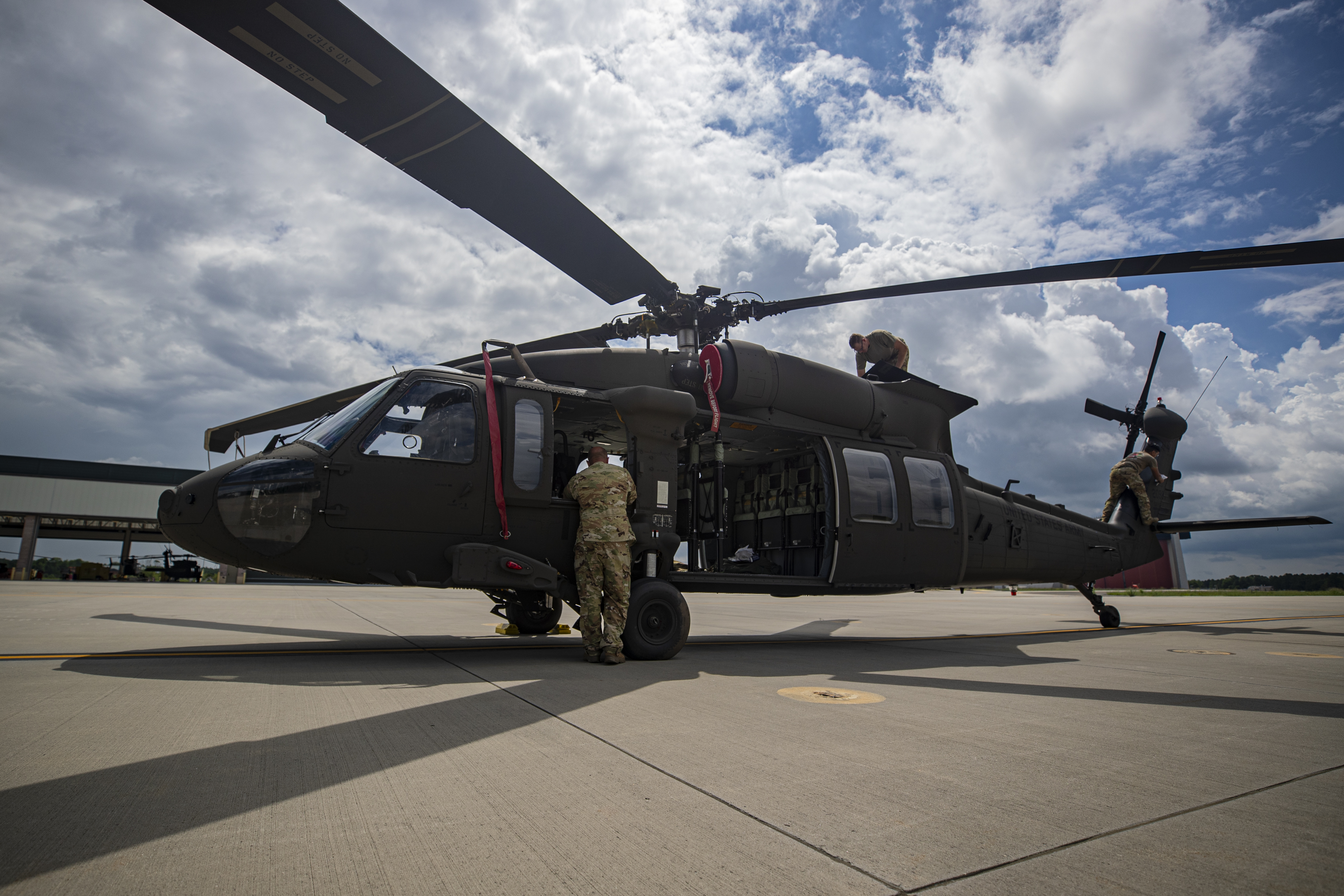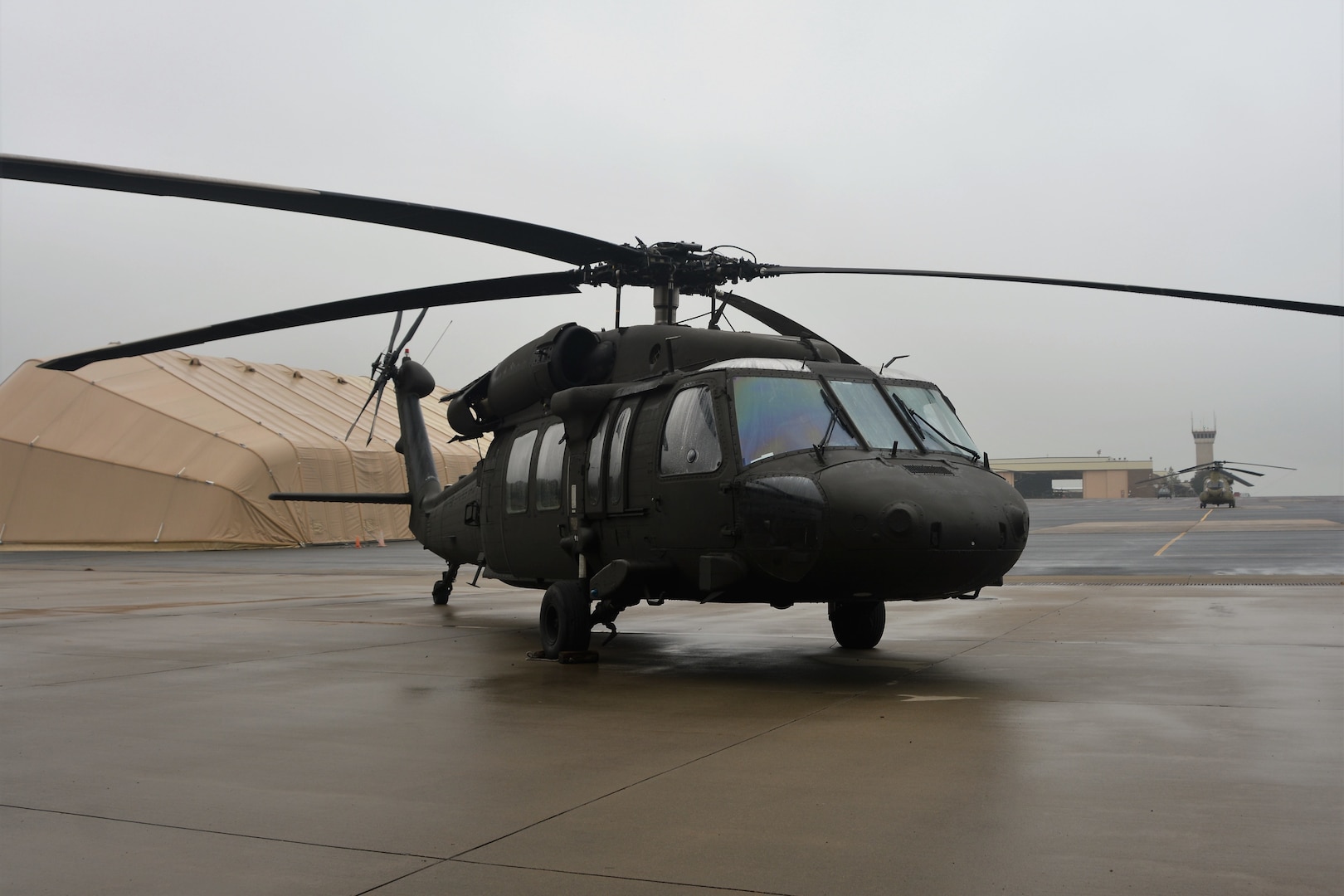UH 60 Black Hawk: Military Helicopter Attributes and Capabilities
The Function of Aircraft fit International Transportation and Trade Dynamics
The evolution of airplane has indelibly transformed international transport and profession characteristics, assisting in unprecedented degrees of connection and performance. With the establishment of robust air freight networks, organizations can now navigate global markets with impressive speed and agility, thus redefining supply chain techniques. This change is not without its challenges, as the aeronautics market grapples with sustainability concerns and governing stress. As we explore the complex impacts of airplane on global profession, it is important to think about how these aspects will form the future landscape of air travel and its function in the economy.

Development of Air Transportation
The development of air transport has been marked by significant technical improvements and advancements that have actually transformed the way individuals and products cross the globe. From the Wright bros' very first powered flight in 1903 to the growth of supersonic jets, each turning point has actually highlighted the relentless quest of efficiency and speed in air traveling. Early airplane were mostly simple, limited by engine power and structural integrity. The intro of advanced materials and the rules of aerodynamics in the mid-20th century led to considerable renovations in airplane safety, performance, and reliability.
The latter part of the 20th century saw the development of industrial air travel as a feasible setting of transportation, defined by the introduction of jet engines, which revolutionized air traveling by significantly reducing flight times. Furthermore, innovations in navigating and interaction modern technologies have actually improved operational effectiveness and safety, enabling more complicated trip routes and schedules. The rise of air cargo in parallel with passenger solutions has further emphasized the convenience of aeronautics. As we seek to the future, emerging modern technologies such as electric and autonomous airplane pledge to redefine the air transportation landscape, ensuring continued advancement and adaptation to international demands.
Effect On Global Profession
Air transportation has exceptionally improved global profession by assisting in the swift motion of items across large ranges. This expedited logistics capacity enables businesses to respond swiftly to market demands, thus boosting supply chain efficiency. The capacity to move perishable products, high-value items, and time-sensitive items has opened new markets and chances for numerous sectors, considerably affecting profession patterns.
Furthermore, the advancement of air freight networks has actually fostered globalization, making it possible for companies to resource products and items from various components of the globe seamlessly. This interconnectedness decreases preparations and prices, allowing businesses to stay competitive in a progressively worldwide market. Additionally, air transport plays a vital duty in shopping, where customer assumptions for rapid distribution have actually driven a rise sought after for air products solutions.
The influence of aircraft on worldwide trade extends to the development of strategic trade routes, connecting areas and facilitating international partnerships. Countries that buy air transportation facilities typically experience improved financial growth and increased foreign direct investment. Overall, the evolution of air transportation has not just changed the logistics landscape however has also become an essential element in the dynamics of global profession.

Financial Benefits of Aeronautics
A durable aviation market generates considerable economic advantages, adding to job production, tourism, and overall economic development - uh 60. The aviation sector sustains millions of tasks globally, ranging from straight employment in airline companies and airport terminals to indirect functions in fields such as hospitality, transport, and logistics. According to sector reports, for every single job in the aeronautics sector, roughly 3.5 extra work are created in the wider economic climate
Tourism is an essential component of the financial benefits stemmed from air travel. Air travel helps with worldwide tourism, allowing tourists to check out diverse locations, which subsequently stimulates local economic climates. Nations that buy their aeronautics framework typically experience raised traveler arrivals, bring about higher costs on solutions such as dining establishments, resorts, and tourist attractions.

Moreover, aviation boosts worldwide connection, enabling companies to access new markets and sources effectively. As an outcome, sectors such as shopping and manufacturing advantage greatly from reliable air transportation, additional driving financial expansion.
Difficulties Facing the Aeronautics Sector
Browsing a complicated landscape of governing, environmental, and financial obstacles, the aeronautics market encounters considerable difficulties that threaten its sustainability and development. Regulations bordering safety and security and protection are continuously advancing, demanding recurring conformity and adjustment from airlines and producers (uh 60). This can cause increased operational costs and source allotment that interferes with development and development initiatives
Furthermore, ecological concerns have actually become extremely important, with growing analysis over carbon exhausts and sound pollution. The sector is under stress to adopt greener techniques and modern technologies, which often require substantial investment in study and development. Stabilizing these ecological duties with the demand for air traveling provides a substantial obstacle.
Economic fluctuations, such as increasing fuel costs and geopolitical unpredictabilities, additionally make complex the landscape. Airline companies regularly face volatile operating expenses and changing traveler need, which can influence productivity and long-lasting planning. Labor shortages and skill spaces in vital areas add an additional layer of complexity, hindering functional effectiveness.
Ultimately, attending to these diverse obstacles is essential for the air travel market to keep its pivotal function in international transportation and profession, while ensuring durability and adaptability in a significantly competitive market.
Future Fads in Air Traveling
Changing and arising innovations consumer preferences are poised to reshape the future of flight dramatically. The combination of expert system and maker discovering is anticipated to enhance operational efficiency, simplify airport terminal procedures, and boost customer support. Predictive analytics will certainly help with extra accurate need forecasting, permitting airline companies to optimize trip timetables and pricing designs.
Sustainability is becoming a crucial driver in air traveling, with the aviation market significantly see concentrated on reducing carbon discharges. Technologies in airplane design, such as electrical and hybrid propulsion systems, are being checked out to satisfy environmental targets. Moreover, the adoption of sustainable aeronautics fuels (SAFs) is anticipated to play an important duty in achieving net-zero exhausts by 2050.
Consumer choices are moving in the direction of individualized travel experiences. Airline companies are buying sophisticated information analytics to customize services and improve consumer engagement, guaranteeing an extra tailored trip from scheduling to arrival. Furthermore, the increase of remote job may lead to increased demand for recreation traveling, as individuals look for to combine work and holiday.
Verdict
The advancement of air transport has actually changed global trade, producing considerable financial advantages while also providing difficulties that require strategic monitoring. The ongoing adaptation of the air travel sector will certainly be essential for sustaining its contributions to the worldwide economic climate.
The latter component of the 20th century observed the emergence of commercial aviation as a practical mode of transportation, identified by the introduction of jet engines, which changed air travel by considerably reducing flight times. The increase of air cargo in parallel with traveler solutions has actually further underscored the adaptability of aviation. In addition, air transportation plays a crucial role in e-commerce, where consumer expectations for rapid distribution have actually driven a rise in need link for air freight that site services.
In general, the development of air transportation has not only changed the logistics landscape yet has additionally end up being an essential part in the characteristics of global profession.
Sustainability is coming to be an essential vehicle driver in air travel, with the air travel sector increasingly focused on reducing carbon discharges.